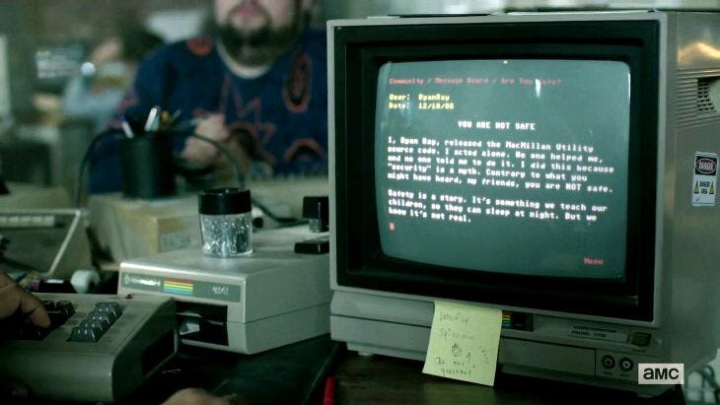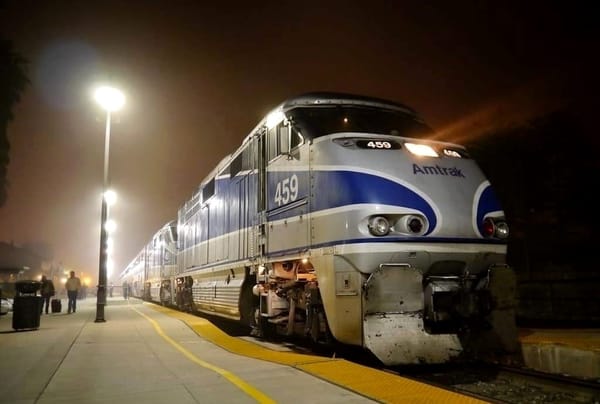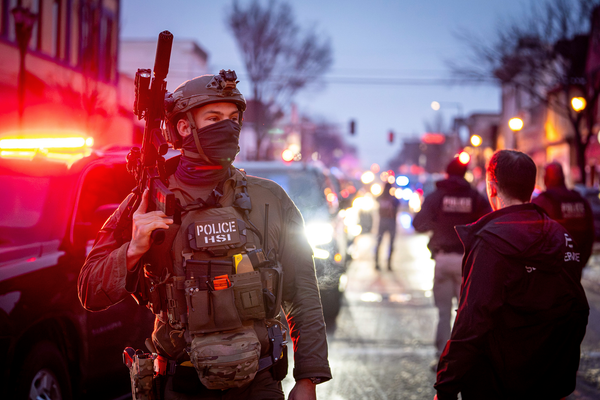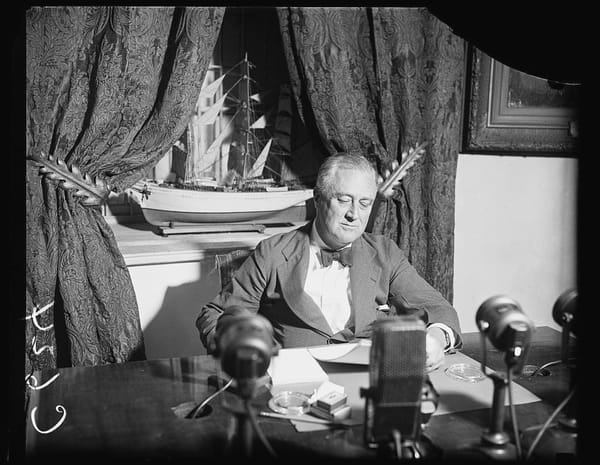You are not safe: where social media is taking us
How social media and the technological world generally are distorting society

As someone who's been writing about technology for about a decade and a half, I spend a lot of time thinking about where we're coming from and where we might be going next. You consider the context surrounding the current moment and try to extrapolate from there to get an idea of what might be on the horizon.
There are many topics I focus on in my work, but some feel more pressing than others. Sometimes you feel like there's an issue that you can't get off your mind.
It's impossible to delve into how technology is shaping the world around us without taking a long look at the place where people spend most of their lives online: social media. We carry our little portal to it with us everywhere we go, and we express some of our innermost thoughts on apps where they can be digested by friends and strangers alike.
As I've written about in the past for publications like Wired, our brains weren't built for this. They're not adapting to it too well, either. However, right now, I'd like to look at some ways in which our online lives are affecting society.
Something I recently recalled, as I have many times since I first saw it, is an episode of the fantastic TV show Halt and Catch Fire, which aired from 2014 to 2017. The episode is titled "You Are Not Safe." For those who are unfamiliar, the show followed people living and working in the tech scene in the 1980s. Even if you've never seen it and have no interest in watching it, just bear with me for a moment.
In the episode, one of the more tragic characters decides that things are not going the way they should in the tech world. He ends up writing a screed that he posts to the internet that warns people of what he thinks is to come. I've always thought it was impactful. Here's an excerpt:
"Contrary to what you might have heard, my friends, you are NOT safe. Safety is a story. It's something we teach our children, so they can sleep at night. But we know it's not real.
Beware, baffled humans. Beware of false prophets who will sell you a fake future, of bad teachers, corrupt leaders and dirty corporations. Beware of cops and robbers... the kind that rob your dreams. But most of all, beware of each other, because everything's about to change.
The world is going to crack wide open. There's something on the horizon. A massive connectivity. The barriers between us will disappear, and we're not ready. We'll hurt each other in new ways. We'll sell and be sold. We'll expose our most tender selves, only to be mocked and destroyed. We'll be so vulnerable, and we'll pay the price.
We won't be able to pretend that we can protect ourselves anymore. It's a huge danger, a gigantic risk, but it's worth it. If only we can learn to take care of each other. Then this awesome, destructive new connection won't isolate us. It won't leave us in the end so... totally alone."
This ends on a positive, hopeful note, but I fear too many of the negative parts of what this character wrote reflect what we see in society today. We are seeing social media divide us, misinform us and make many of us more extreme. There are great things about these social networks, too, but I'll let someone else paint the rosier picture.
We see how social media is warping people's minds and normalizing the extreme on a regular basis, but I think we hope that what we see doesn't represent a major threat—just a fringe issue. Sometimes that's true, but often it's not. We ignore the warning signs at our own peril.
Lately, I've seen Twitter users with large followings confidently announce their support for race science or demand that women be removed from the workplace and higher education. "Well, that's a Nazi bar," you might say. Of course there are extremists there. Okay, but how many? And how much are they moving the Overton Window?
Social media doesn’t just make people more extreme; it helps those who are already extreme congregate. That, in turn, radicalizes them even further—like some kind of fascist Olympics. It's a downward spiral that has broken many people's brains.
I don't think we are safe, and I don't see things improving anytime soon, because so many of those who could theoretically help improve the situation seem consumed by apathy, cynicism, greed, etc.
Something I think is missing in America today—and something that social media seems to ironically make more finite by distracting and isolating those who become consumed by it—is community. Perhaps if we invested a little more in community, we might be able to return to a more civil and rational place.





